Japanese Researchers Win Lg Nobel Prize for Painting Cows with Zebra-Like Stripes
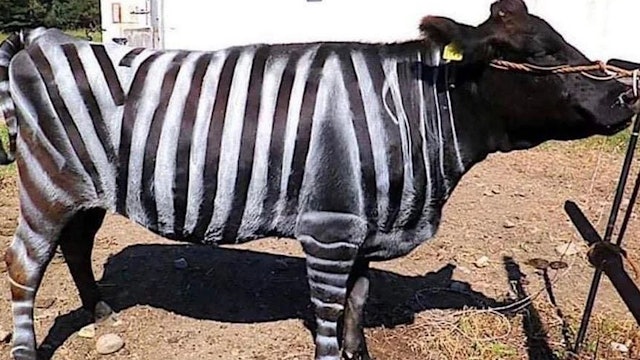
A team of Japanese researchers recently won the satirical lg Nobel Prize for a study that showed painting cows with zebra-like white stripes significantly protects them against biting flies. The lg Nobel Prize is a satirical award designed to “honor achievements that first make people laugh, and then make them think.” But while it might […]
Scientists Create World’s First Cyborg Bee with Ultra-Light Brain Controller

Scientists at the Beijing Institute of Technology used a 74-milligram insect brain controller to create the world’s first cyborg bee. Worker bees can carry nectar sacks weighing about 80 per cent of their body mass for 5 km (3 miles) without resting, so they have no problem carrying a 74-milligram brain controller developed by Chinese […]
The More You Play This VR Video Game, the Better Your Eysight Gets

Japanese researchers have published a small study about a virtual reality video game that can reportedly improve players’ eyesight instead of damaging it. Video games and staring at digital screens in general have long been associated with eyesight problems, but according to a study published by researchers from Kwansei Gakuin University’s Graduate School of Science […]
Scientists Baffled by Man Who Got Vaccinated for Covid-19 a Whopping 217 Times

A team of German scientists studied a 62-year-old man who deliberately got 217 Covid-19 vaccine shots over 29 months and found that he suffered from no negative vaccine-related side effects. Many people wouldn’t get a shot of Covid-19 vaccine if their lives depended on it, but a German man decided to compensate for many of […]
China Builds World’s Deepest Underground Laboratory to Study Dark Matter

Located 2,400 meters under the Earth’s surface, the Deep Underground and Ultra-low Radiation Background Facility for Frontier Physics Experiments (DURF) is the world’s deepest underground laboratory. In December 2020, Tsinghua University and Yalong River Hydropower Development Company, Ltd. began work on a daring project under Jinping Mountain in Sichuan’s Liangshan Yi Autonomous Prefecture. Designed to […]
Scientist Wears Giant Bird Head for a Year to Befriend Real Birds, Fails
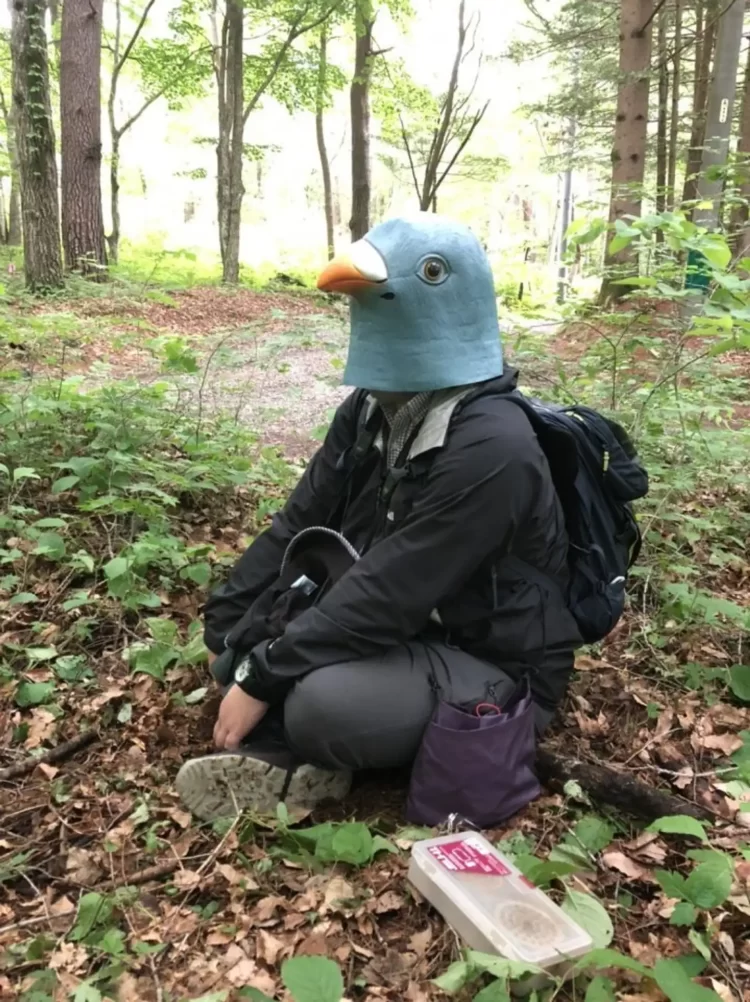
A Japanese scientist studying the languages of birds wore a giant bird mask on his head for an entire year in order to trick a nest of great tits to allow him to approach them. Toshitaka Suzuki, an associate professor at the University of Tokyo, recently shared a bizarre photo of a man wearing a […]
Researchers Find That Birds Are Using Anti-Bird Spikes to Build and Protect Their Own Nests
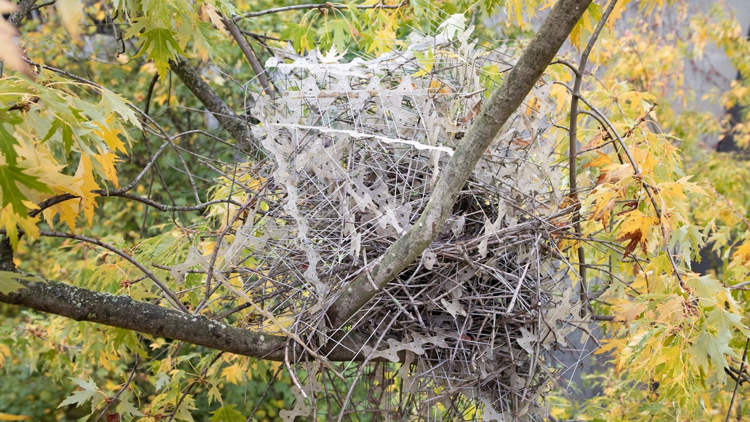
A team of Dutch researchers has discovered that magpies and crows are using metal spikes designed to keep them away from certain urban areas to reinforce their own nests and keep intruders at bay. Scientists have known for a while that magpies and crows are some of the most intelligent birds in the world, but […]
Man Is Living Underwater for 100 Days to See How It Affects His Body and Mind

A Florida University professor plans to spend 100 days 30 feet under the ocean’s surface, in an underwater lodge, as a scientific experiment to find out how the constant increased pressure affects his body and mind. The current world record for time spent living underwater was set in 2014 by two Tennessee biologists who managed […]
Experimental Chewing Gum Can Allegedly Trap Coronavirus in Your Saliva

Researchers have reportedly developed an experimental chewing gum that can trap SARS-CoV-2 particles in saliva, thus curbing transmission of the virus. Researchers at the School of Dental Medicine at the University of Pennsylvania have been working on a special type of chewing gum that should minimize transmission and infection with the SARS-CoV-2 virus. According to […]
New Technology Tracks Facial Muscle Movements to Expose Liars
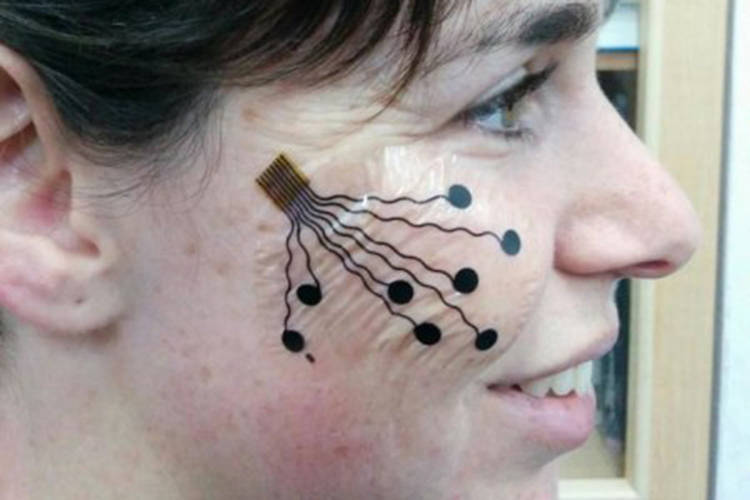
When it comes to telling when someone is lying, we currently have very few options, but a team of Israeli researchers claims to have come up with something better than anything we’ve seen before. Using stickers printed on soft surfaces containing electrodes that monitor and measure the activity of muscles and nerves, a team of […]
Fish With 555 Sharp Teeth Loses 20 of Them Every Day, Grows Them Right Back
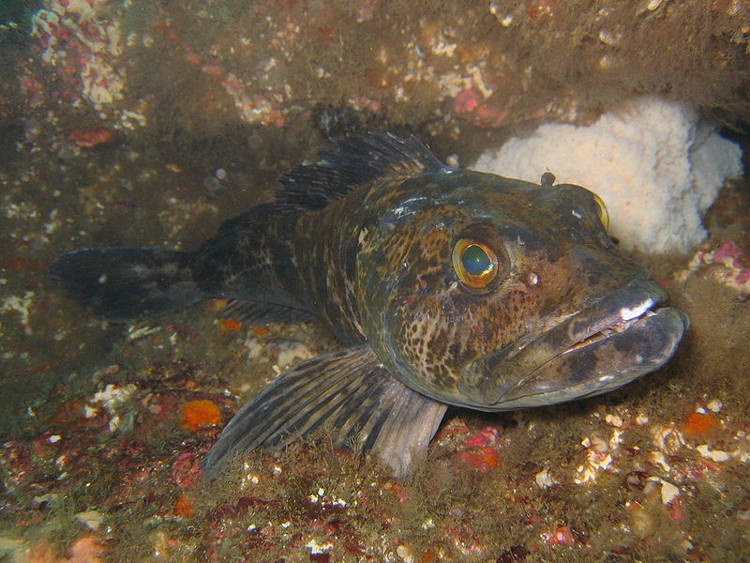
Scientists recently found that one of the world’s “toothiest” animals, the Pacific lingcod, keeps its 555 teeth razor-sharp by losing up to 20 of them every day and growing them right back. The Pacific lingcod (Ophiodon elongatus) is a carnivorous fish found in the North Pacific. You couldn’t tell just by looking at it, but […]
Genetically-Modified Plants Glow When They Are Stressed
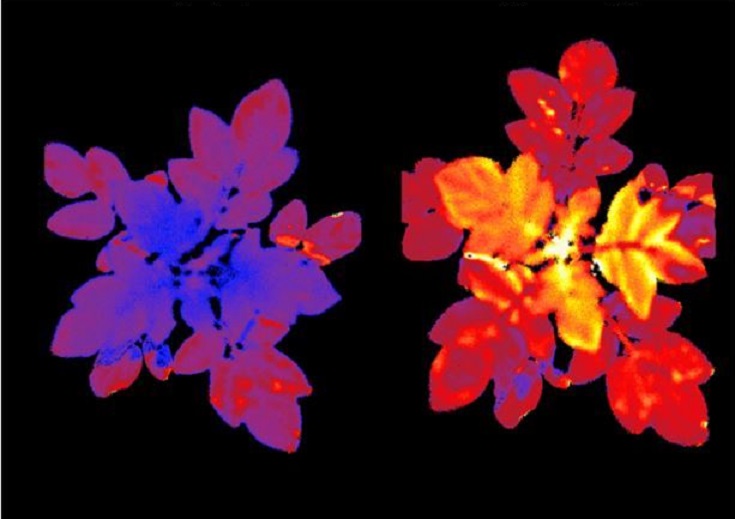
A team of researchers at the Hebrew University of Jerusalem has managed to genetically modify potato plants to glow under fluorescent cameras when stressed by various factors. One of the biggest challenges of modern agriculture is reacting to stress factors before it’s too late. Plants don’t really have a way of conveying how they feel, […]
Plant Evolves to Become Less Visible to Humans in Areas With Excessive Harvesting
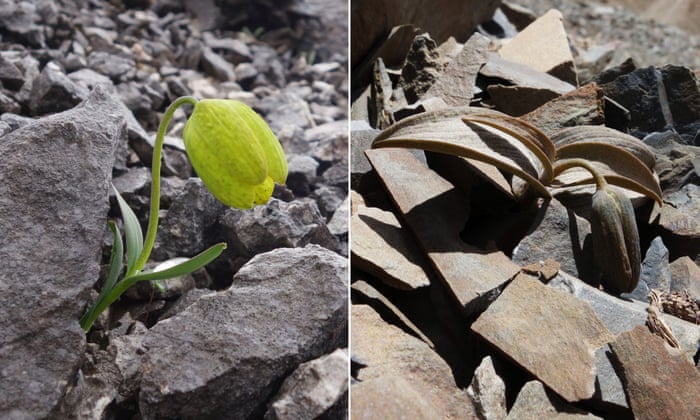
Fritillaria delavayi, a plant used in traditional Chinese medicine, has apparently evolved to match its background and become more difficult to spot as a direct consequence of heavy harvesting. Scientists had known that many plants evolved to use camouflage as a way of hiding from herbivores that may eat them, but a recent study suggests […]
Snake Named After Knife Slices Into Victims to Feed on Their Innards
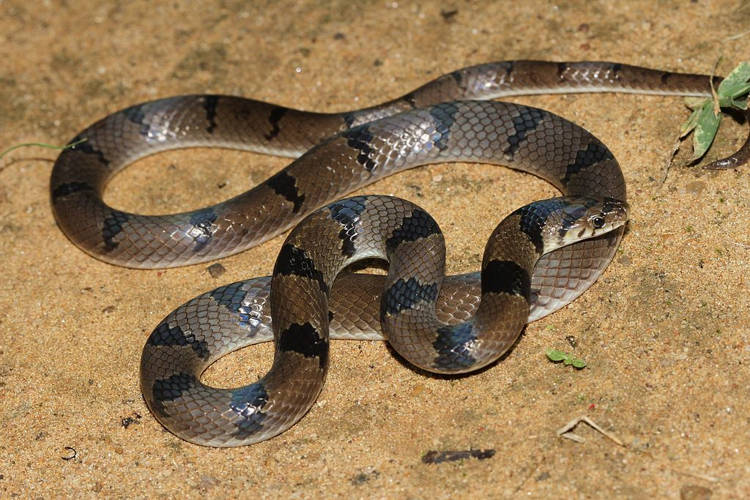
Small-banded kukri snakes, named after the curved Kukri knives used by Nepalese Gurkha soldiers, apparently use their sharp teeth to slice into certain victims and then proceed to eat them from the inside. Scientists already knew that kukri snakes used their curved teeth to tear into eggs, but a recent study revealed that they sometimes […]
Scientist Lets Thousands of Mosquitoes Bite His Arm in the Name of Science
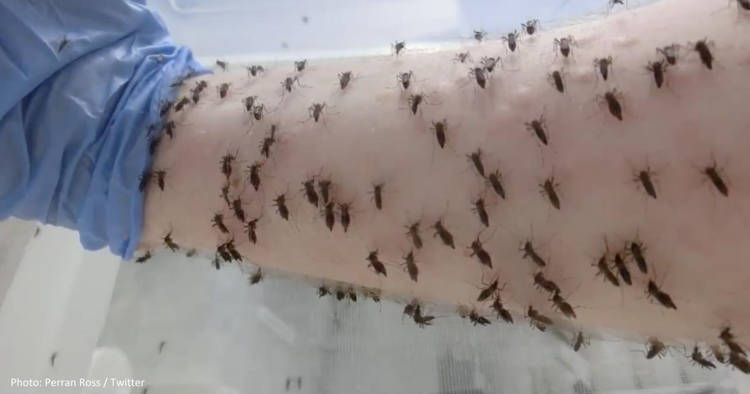
An entomologist from the University of Melbourne lets thousands of mosquitoes bite his arm regularly in order to keep them fed for research on eradicating Dengue fever. Dr Perran Stott-Ross has been involved in mosquito research at the University of Melbourne for many years now, trying to find effective ways of curbing the spread of […]
